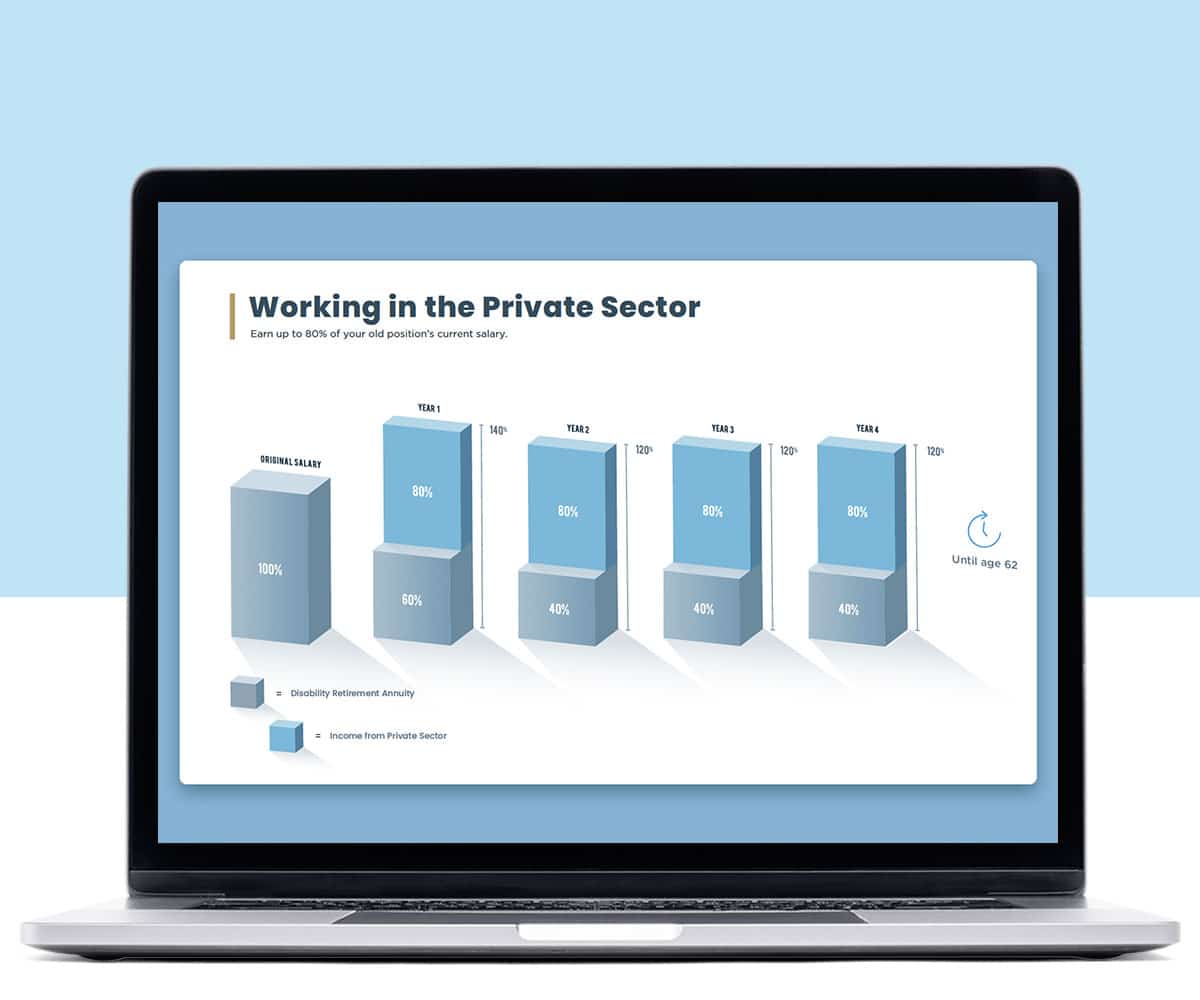 The Office of Personnel Management’s first Federal Work-Life Survey evaluated many agency work-life programs including telework, flexible work schedules, employee assistance programs, family and dependent care, and health and wellness. The report concluded that federal employees who are part of programs designed to better work-life balance are more likely to exceed expectations and better advance their agency’s mission.
The Office of Personnel Management’s first Federal Work-Life Survey evaluated many agency work-life programs including telework, flexible work schedules, employee assistance programs, family and dependent care, and health and wellness. The report concluded that federal employees who are part of programs designed to better work-life balance are more likely to exceed expectations and better advance their agency’s mission.
The Results
According to the report, which had the input of 64,474 federal employees, 35% said they engage in telework of some form. Of those respondents, 76% said the arrangement increased their desire to stay at their agency, while 72% said it led to increased performance.
Contrary, 62% of feds said they participated in agency-provided physical activity programs at least once a week, but only 41% said wellness programs increased their desire to stay at their agency, while 43% said the programs improved their performance.
Most of the respondents, 96% said they wanted to make use of at least one of the government’s’ work-life programs and stressed the importance of agencies offering a variety of programs catering to specific needs of employees.
Kathleen McGettigan, then acting OPM director, noted in a letter to agencies that while feds appreciate work-life programs, there is still a stigma within organizations against feds who choose to make use of them. “The majority of employees, 82%, perceive their immediate supervisor as responsive to and understanding of employee’s personal needs. However, only about half of employees, 47%, indicate they experience positive supervisory support for use of work-life programs,” she said.
Managers told surveyors that while they recognize the benefits of programs like telework, they could use additional training to better manage people who work remotely. “Both non-supervisors and supervisors identify ‘minimizing distractions’ and ‘maximizing productivity’ as the most important reasons they telework”, McGettigan wrote. “However, only half, 53%, of supervisors agree that telework supports their employees’ ability to perform work. This may be because only 48% of supervisors reported being able to manage and assess the performance of teleworkers.”
OPM’s Plans
OPM plans to use the results of the survey to improve the quality of work-life programs. The agency’s “next steps” are: creating a toolkit for supervisors and agency leadership, developing information for work-life coordinators on how to develop, implement, and evaluate programs using metrics; highlighting and sharing work-life program best practices across agencies.
OPM also encouraged federal agencies to find additional ways to “improve culture and organizational support for the expanded application” of work-life programs and to identify agency leaders who can help plan and link these programs with a department’s mission.



 Hi, ready to schedule a free consultation?
Hi, ready to schedule a free consultation?